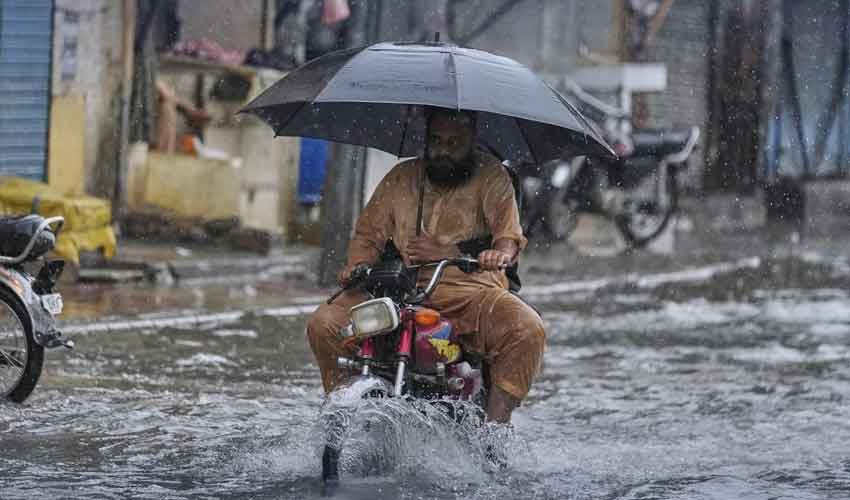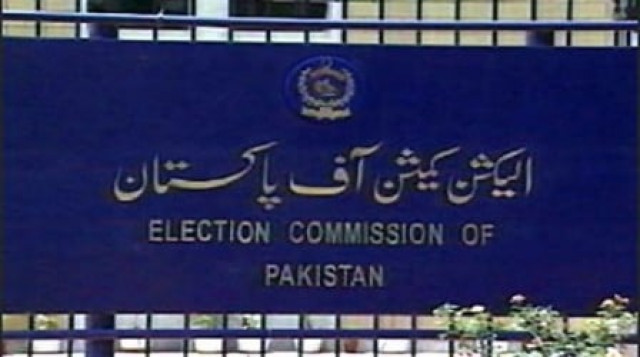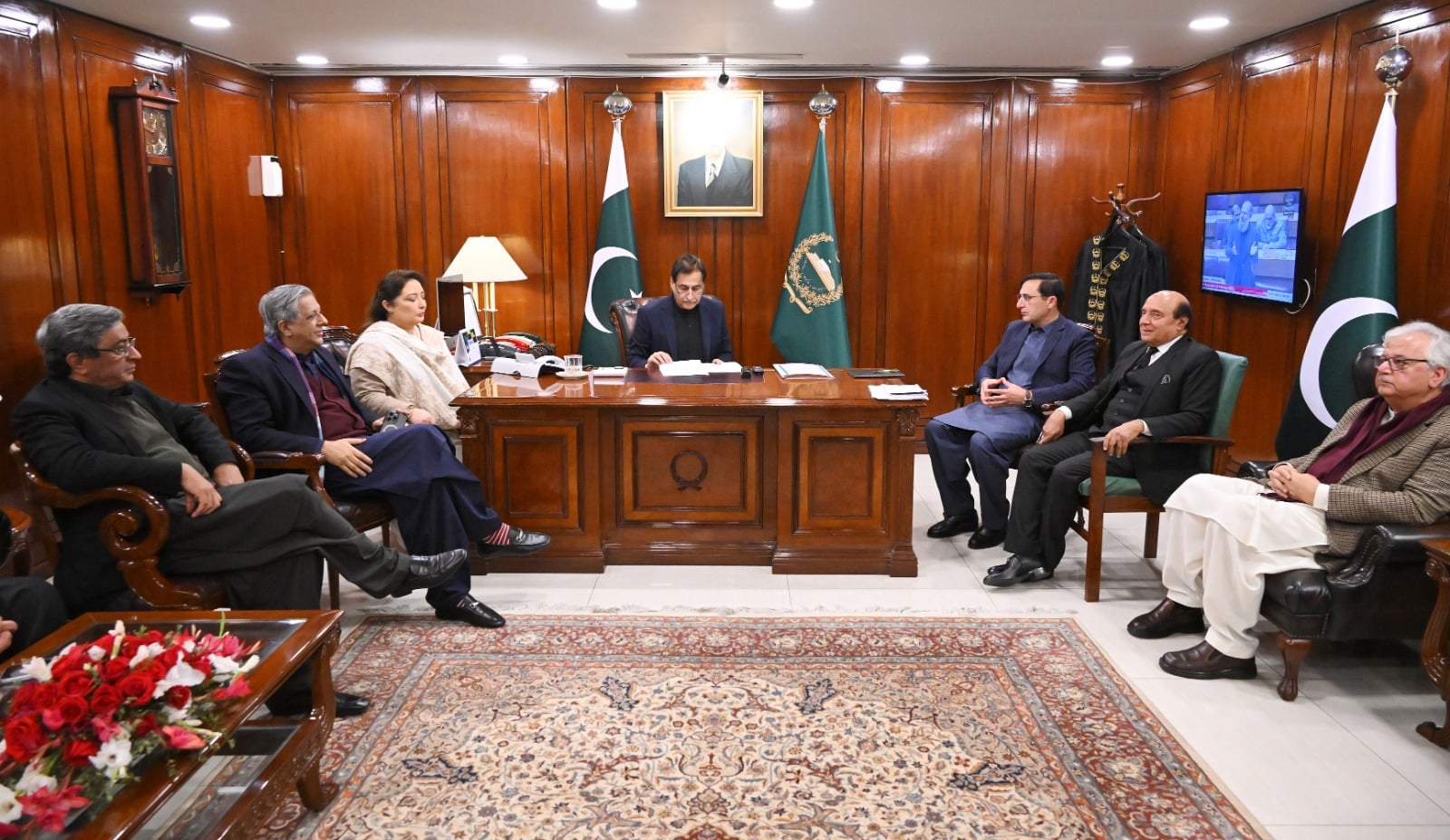ANI |
Updated: Jan 16, 2026 16:41 IST
Islamabad [

The prolonged dry season in Punjab is set to end as authorities announce the arrival of a westerly weather system, bringing rain to most districts and snowfall in hilly areas over the coming days.
The Provincial…

Preparations for Basant are underway in the Punjab provincial capital, but the festivities are expected to be heavy on the pocket this year as authorities decide not to regulate kite and string prices.
According to…

NA speaker directs suspended members to leave House as members barred from proceedings until statements submitted

Continue Reading